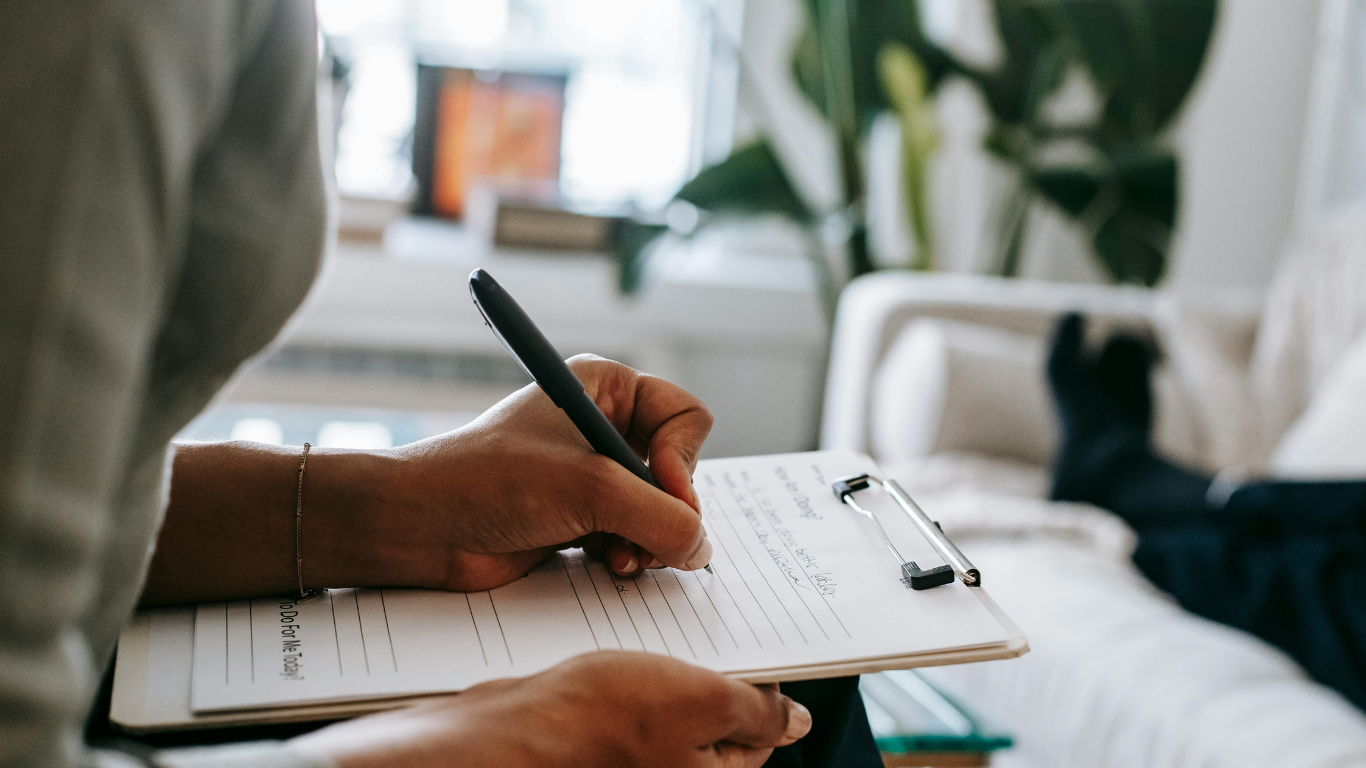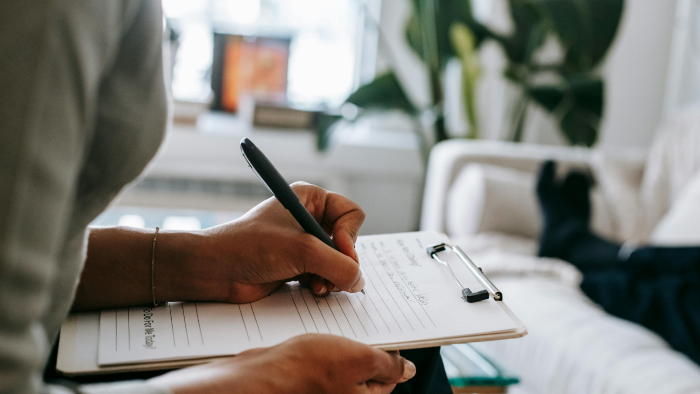Q: How much is too much social media?
The amount of time that's healthy for a person to be on social media is really going to be dependent on that person. What I would recommend is that you would first to assess how much time you're actually spending. Because for a lot of us, we might be spending more time than we really realize.
So first, check it out, how much time are you spending on social media? And then do another step. Ask yourself, how do I feel at the end of spending that time? Do I feel energized? Do I feel positive, or do I feel more isolated? Am I feeling maybe a little more down about myself? And those are going to be two important factors when considering how your social media use might be affecting you.
Q: What are your views on mental health now being a more accepted topic of discussion?
So thankfully mental health is much more widely talked about. We have a lot more awareness and education around mental health, which is a big step forward.
However, we're not there yet. We still have mental health disparities for a lot of different groups of individuals, such as those belonging to racial, ethnic, or sexual minority groups. And we're not where we hope to be yet, as a mental health profession, in terms of getting the word out and getting people to be comfortable about talking about their own mental health.
Q: I want to seek counseling, but I’m nervous as I don’t want to appear “weak.” What should I do?
There's nothing weak about you wanting to go to therapy. That's actually a sign of strength. When you can recognize that you just want to better your mental health, that's a sign that you are self-aware and that you are taking steps to better your life. So, shout out to you because that's actually a strength. That is not a weakness.
Q: What are some healthy coping strategies for when we’re stressed or burnt out?
Coping strategies are our lifeline, especially during very stressful moments in our lives. So, whether that's in the middle of exams or during the holidays or something that might be going on in your personal life.
First, know what your coping strategies are. Do a coping skills assessment, ask yourself, “How am I coping?” We all tend to cope in very positive ways, but we also might have these negative coping skills that we want to be assessing and determining, “What are my positive coping skills?”
And it could be anything from reaching out to a friend, going for a walk, turning on some music and dancing. It could be making good choices around what you eat, getting some extra rest, writing, reading, and sometimes even going on social media and just having a little bit of time to [healthily] scroll. But we also want to pay attention to some negative coping skills and you're going to have to determine what some of those might be. To give some examples, maybe using or misusing substances, maybe avoidance. So, avoiding things that we know we need to get done, and then also maybe just acting out in ways that don't align with our values.
So, once you have decided on your list of positive coping skills, see how you can embed them into your daily schedule more than you might think, especially during those high peak stress times.
If you or someone you know is seeking mental health counseling, please reach out to FIU’s Counseling and Psychological Services. In the event of a crisis, call or text 988 for 24-hour, confidential support.


